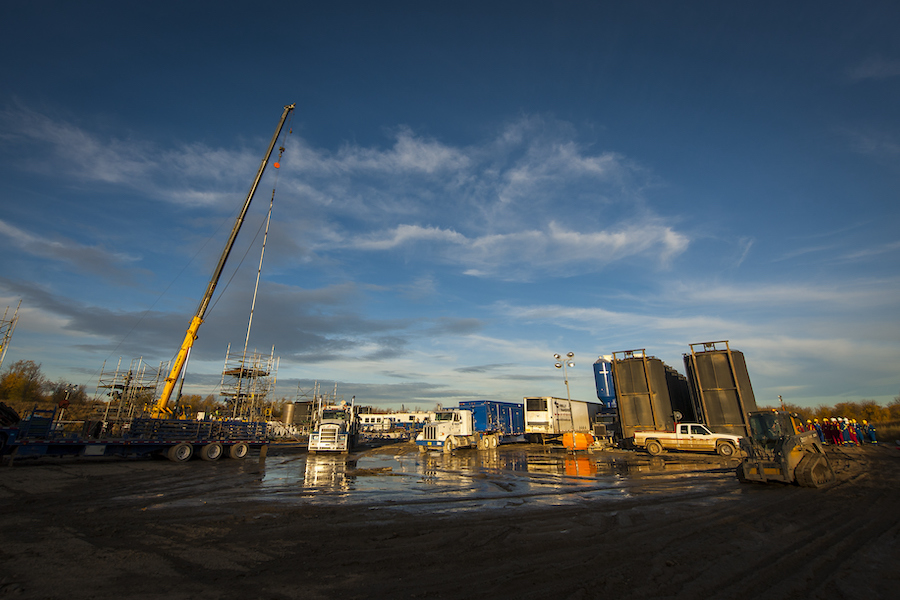
Canadian pension funds are falling short in responding to the climate crisis despite recent progress by some, said a report by an advocacy group out Wednesday.
The report, by Shift Action for Pension Wealth and Planet Health, shows a high level of inconsistency among 11 major pension funds after being ranked by letter grades on key measures such as Paris Accord-aligned targets, the urgency of their climate action, and their policies on fossil fuel investments.
There are signs of progress, though, with an increasing number of funds setting out at least initial commitments on net-zero targets, said Adam Scott, executive director of Shift.
“A lot of the funds are just coming into this, they’re coming to it quite late, frankly,” said Scott.
“But … just in the last few years, we’ve seen eight of the pensions on the list enact a net-zero target and a smaller group have actually taken more serious steps of implementing those targets.”
It’s in the actual plans and implementation that many funds are falling short, whether it’s from a lack of transparency on their aims, targets that are too weak, or how much funds are actively engaging the companies and assets they’re investing in.
The group ranked Caisse de dépôt et placement du Québec (CDPQ) highest, with the fund notable for being the only one to commit to divest from oil producers and tying executive compensation to climate targets.
On the other end of the spectrum was Alberta Investment Management Corp., (AIMCo) which has explicitly said it will not commit to a Paris-aligned portfolio.
AIMCo has noted that climate change is one of the most pressing systemic risks and takes it into account, and has made disclosure commitments as part of the Task Force on Climate-related Financial Disclosures, but overall the fund was given a D minus compared with CDPQ’s B plus.
Scott said it’s important pension funds take action because the retirement plans of millions of Canadians depend on them, and because of the financial sway the funds have with their more than $2 trillion in assets.
“Investment decisions of those funds have a huge impact on our ability to meet out climate targets.”
Canadian funds have largely shied away from making commitments to divesting from fossil fuel investments, which delivered strong returns last year as energy prices spiked.
Pensions, however, need to look longer-term where the prospects for the industry are much higher risk, said Scott.
“Unlike many other players in the market, they’re supposed to care about the long-term risks. And when it comes to fossil fuels, those are very clear that the industry is facing deep structural decline.”
Scott said there needs to be more climate expertise on boards, and less cross appointments between pension funds and fossil fuel companies to help push progress, but that he believes progress is possible.
“Overall, I’m optimistic that all these funds can get to where they need to go. But they’re going to need a significantly larger amount of effort.”